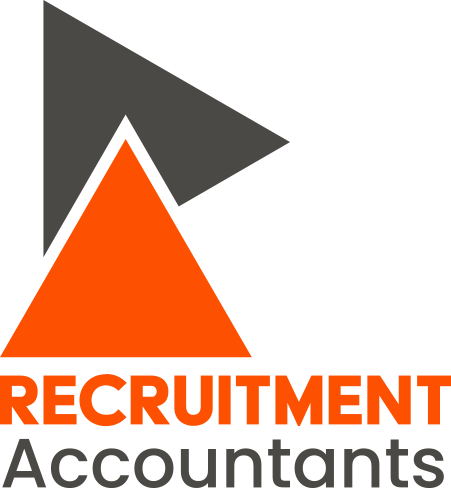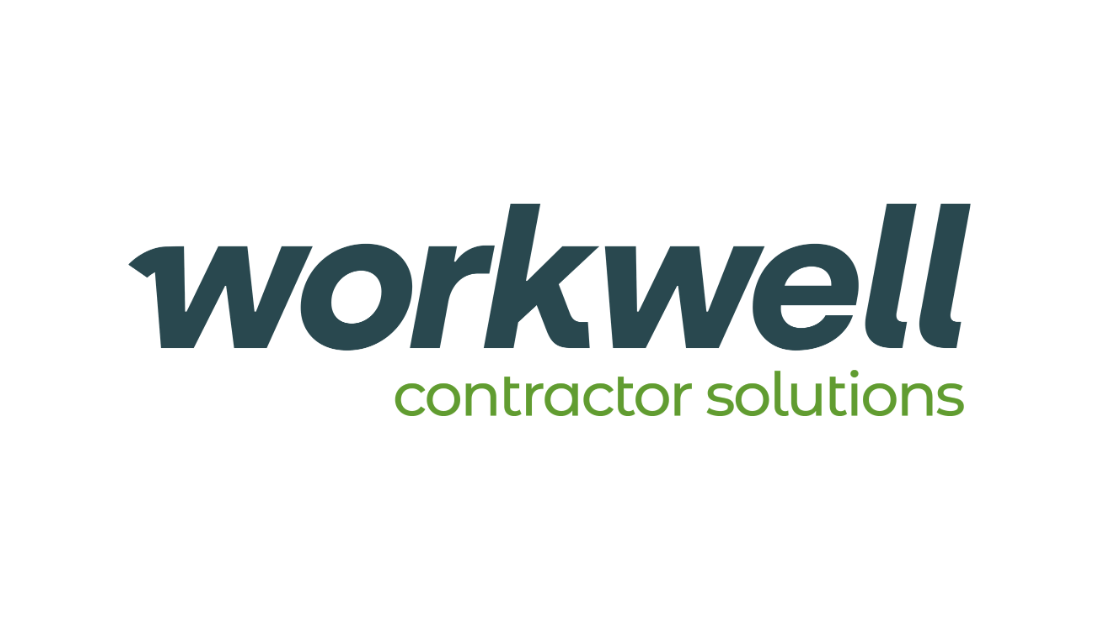To discuss your needs and how we can support you -
request a callback using the form below.
- Results:
Recruitment Accountants: What You Need to Know About Proposed Changes to UK Umbrella Company Laws
Article Summary:
From April 2026, proposed UK legislation will hold recruitment agencies, umbrella companies, and end clients jointly liable if taxes like PAYE or NICs are unpaid. These changes aim to crack down on non-compliant umbrella companies, increase transparency, and protect workers. Agencies must act now by auditing their supply chains, verifying how workers are paid, enhancing due diligence, and limiting their PSL to trusted providers. With financial risk and reputational damage at stake, preparation is key.
The UK Government is planning new rules for umbrella companies, starting in April 2026. These changes will affect recruitment agencies, umbrella companies, and the clients who hire temporary workers.
What’s Changing?
If an umbrella company doesn’t pay the right taxes, like PAYE or National Insurance Contributions (NICs), HMRC can now ask other businesses involved to pay instead. This is called joint and several liability. It means HMRC can demand the full amount from any one of the responsible businesses in the supply chain, not just the umbrella company.
Who Could Be Responsible?
Only certain businesses, called Relevant Parties, can be held responsible:
- The Umbrella Company: The company employing the worker.
- The Agency Closest to the End Client: If there are several agencies, it’s the one closest to the company using the worker’s services.
- The End Client: If there’s no agency involved, the client company receiving the worker’s services.
If you’re not a Relevant Party, you probably won’t have to pay the tax, but your reputation could still be affected.
Industry Impact of Upcoming Legislative Changes
Recent draft legislation affecting umbrella companies is expected to reshape the temporary labour market. It brings increased scrutiny, financial risk, and a renewed focus on compliance, all of which agencies and end clients need to prepare for.
The key implications include:
- Stronger due diligence requirements: Agencies and end clients will need to carry out much more robust checks on umbrella companies to protect themselves from risk.
- Greater financial exposure: If an umbrella company fails to meet its tax obligations, other parties in the supply chain could be held liable — making compliance a business-critical issue.
- Market clean-up: Non-compliant umbrellas may struggle to survive, encouraging a shift toward reputable providers.
- Better worker protection: Although the changes target tax compliance, they also promote fairer, more transparent working conditions.
How to Prepare
To manage the risks and responsibilities introduced by the new legislation, agencies and end clients must take proactive steps now. Here's how to prepare:
Conduct a Full Supply Chain Audit
- Identify the Relevant Party in your labour supply chain, it may not be obvious.
- Be aware: if there are foreign parties involved, your agency could still be liable, even without a direct contract with the end client.
- Understand where the financial risk sits in each contract and working relationship.
Understand How Workers Are Engaged and Paid
- Confirm that workers are employed by the actual umbrella company, not a subsidiary or associated entity.
- Review the umbrella company’s directors:
- Be cautious if there are only foreign-based directors.
- Investigate any director links to multiple companies via Companies House.
Be wary of red flags:
- Unusually low margins or fees (or none at all).
- Higher-than-expected take-home pay.
- Overly complicated or unclear payment processes.
- Check Key Information Documents (KIDs) and job adverts:
- Ensure the correct use of terms like assignment rate or umbrella rate, not just “PAYE rate”.
- Misleading terminology could result in tax liabilities for the agency or end client.
Take Professional Advice
It’s advisable to consult tax and legal experts to fully understand potential liabilities and put appropriate risk mitigation strategies in place.
Enhancing Your Due Diligence
Relying on umbrella accreditations or payroll software alone is unlikely to be enough. HMRC has made it clear that proper, documented due diligence will be essential, both to protect against penalties and to maintain company value in the event of a sale.
You’ll need to go deeper:
- Sample worker payments and match them through payroll to RTI submissions.
- Confirm employer NICs are correctly calculated and paid to HMRC.
- Request visibility into HMRC portals, not just paper reports.
- Use payroll checking tools where available.
- Review untaxed payments like travel or expenses and check they’re treated correctly.
- Assess the umbrella’s financial stability and tax compliance status.
If you have insurance in place, double-check the conditions, your due diligence process may affect whether a claim is valid.
Taking Action
Enhanced checks take time and resources to implement, so don’t delay. It’s wise to limit your PSL to a few trusted umbrella partners and open communication lines with their compliance teams. If you lack the in-house capacity, consider trusted outsourcing partners.
Finally, assess whether you need additional staff to manage compliance going forward. These changes aren’t just a legal obligation; they’re a business priority.
Final Thoughts
These proposed changes are designed to make the umbrella company sector more responsible and transparent. Even though the rules aren’t final yet, starting to prepare now will put your business in a stronger position.
Author
Jacques Sypkens, Partner and Recruitment Sector Specialist at Recruitment Accountants.

Related News/Blogs

-4.png)
-3.png)

Stop wasting time. Start winning business.
Book a Paiger Demo
- Partner Resource
Haven’t found what you’re looking for?
Join the APSCo Membership today!
Apply below and a member of the team will be in touch to discuss how APSCo membership can transform your business.
![current_brand[0].name current_brand[0].name](https://uk.apsco.org/hs-fs/hubfs/APSCo%20United%20Kingdom%20Logo%202024_RGB-1.png?width=400&height=160&name=APSCo%20United%20Kingdom%20Logo%202024_RGB-1.png)
